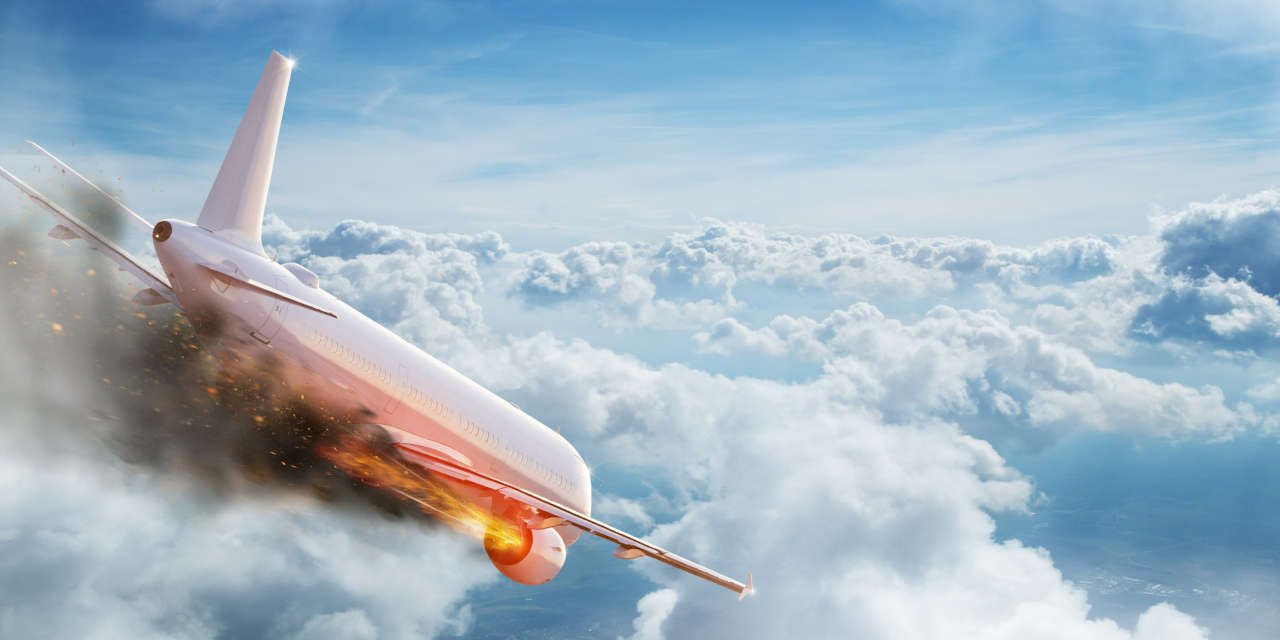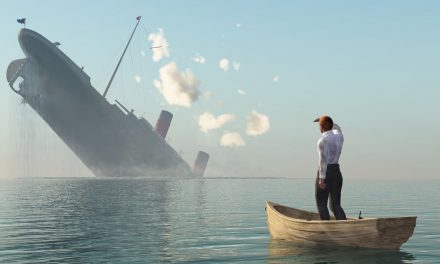By Steve Moran
I confess that I find myself reeling in grief, shock, and even shame because of the number of negative senior living stories I have heard in the last few weeks.
- Residents in high-end communities have gone to dinner to find the community is running low on food.
- Nursing homes owned by private equity have a 10% higher death rate … which translates into thousands of extra deaths every year.
- Residents have died by drinking cleaning solutions served to them.
- Medication passes are being missed.
- A small number of senior communities did everything wrong and had massive COVID deaths in their population.
Airlines …
Airlines are crazy safe, and they have to be. Imagine there was one crash a month, so 12 a year in the United States.
It is impossible to know exactly how many “accidental deaths” occur in senior living each year, but if we assume that what we hear about and what we see on the news is a fraction of what reality is, then who would ever fly if airlines ran like this? In August of 2022, there were about 856,110 flights per month. So, one airplane crash a month would mean that your odds of dying on any given trip would be 0.00000117. The odds of winning a big prize in the lottery are even worse, but in a statistician’s lens really about the same.
If there were one crash per month, the number of people still willing to fly would plummet like crazy.
When we fly, we expect two primary things out of the airline. The first is to get from our starting point to our destination. The second is to be kept as safe as humanly possible. And the airlines have figured out that safety is the most important of all.
Senior Living
As an industry, we seem to mostly shrug our shoulders about premature deaths.
“They are old and were going to die soon anyway.”
“Sometimes things just happen.”
“It was an accident.”
Good Enough …
I get that senior living media outlets and senior living trade associations and senior living conferences are all about focusing on the positive. How to do things better, what we need to do to reinvent. This is all good.
But is that it? We don’t hesitate to call out the federal government for not providing enough financial support. We don’t hesitate to complain when we see the regulators being too heavy-handed. And that too is all good.
Some Focused Questions
It seems to me that living in senior living should be nearly as safe as flying. It would be impossible to be as safe because the scope of the human factor is massive. But the bigger question I have is, is silence really the right response? More specifically:
- How bad would it need to get before we would as an industry say anything?
- I wonder what it feels like to be the head of a private equity organization knowing that people are dying at higher rates because my firm needs to make a certain margin.
- Are the legal ramifications so massive that when a disaster hits, the official response has to be obligatory but heartless?
- We have seen organizations like Starbucks and Chipotle and even the military stand down after a disaster, for a day or more, to make sure disasters never happen again. While senior living obviously can’t shut down, what if, when an unnecessary death happened in a community or there was a pattern of harm, the company did an all-hands day to make sure it never happened again?
Maybe the whole industry needs a day of training to show that safety is important to us, that we really care. That we are doing all we can to make it better.
Maybe the biggest question of all is this: Should every person and every organization in the senior living ecosystem feel a sense of shame and responsibility for the deaths and harm to older people under our watch?
Right now, I am fearful that the predominant feeling is, “I am glad it didn’t happen to me.”








